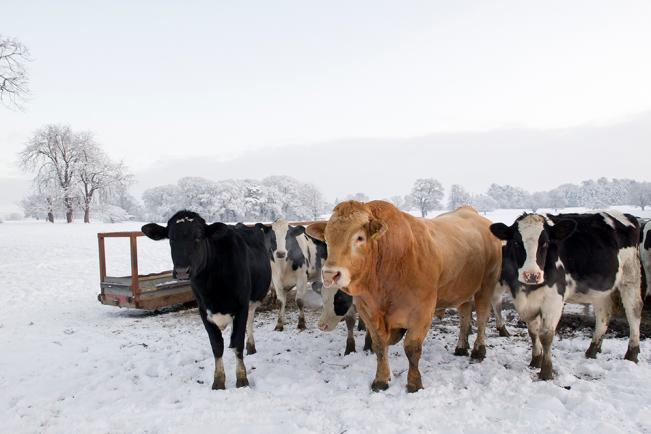
More and more, the concept of carbon neutrality is understood by the person in the street. The term refers to achieving net zero carbon dioxide emissions by balancing carbon emissions with carbon removal. There is a general, if a little uncertain, acceptance that this is achieved by eliminating carbon emissions altogether or through carbon offsetting. The former is for purists and the latter more controversially involves compensation for carbon emissions through actions that cause an equivalent reduction in carbon emission.
On a national and global scale much attention has been turned on Agriculture including, in particular, the wider context of Greenhouse emissions. Academic researchers have estimated that one-third of our greenhouse gas emissions come from agriculture; agriculture contributes closer to one-tenth of CO2 emissions. These estimates encompass non-CO2 emissions, such as methane and nitrous oxide. Cattle produce methane as part of their digestion and emit it mostly through belching. The addition of natural and synthetic fertilisers to soils releases large amounts of nitrous oxide.
The more rational approach recognises that changes for farmers must not lose sight of food security. It is likely that science will help to resolve these issues with ideas such as methane inhibitors that reduce dairy cow emissions by 30% without affecting milk yields, breeds of cattle that produce lower methane, closer attention to soil nutrient functions and varieties of cereal crops that release less nitrous oxide.
Agriculture differs from other polluting industries. It not only generates greenhouse gas, but can also store carbon dioxide in soils, trees, and plants. While being a major part of the problem, farming is also a major part of the answer.
Some of the finger pointing at farming is divisive and the science is far from certain on the best approach to minimize agricultural emissions. One battle ground concerns grazing livestock; the farming view is that well managed grazing spurs plant growth accelerating the carbon cycle and increasing gas capture in soil. UK farmland is well suited to grazing animals supporting higher numbers of animals per acre than in other parts of the world; to simply plant trees all over UK grassland might simply lead to the importing of foods from countries where farm emissions are worse.
At this stage, a problem for farmers is that there is an element of uncertainty about how best to help. Major investment in emission reduction could quickly be outmoded by new discoveries in an accelerating area of research. As always in farming, it is a question of when best to jump into new technologies. There is no policy that gives farmers credit for carbon storage initiatives. There is talk of efforts under way to change this, so farmers may one day get paid for storing carbon.


